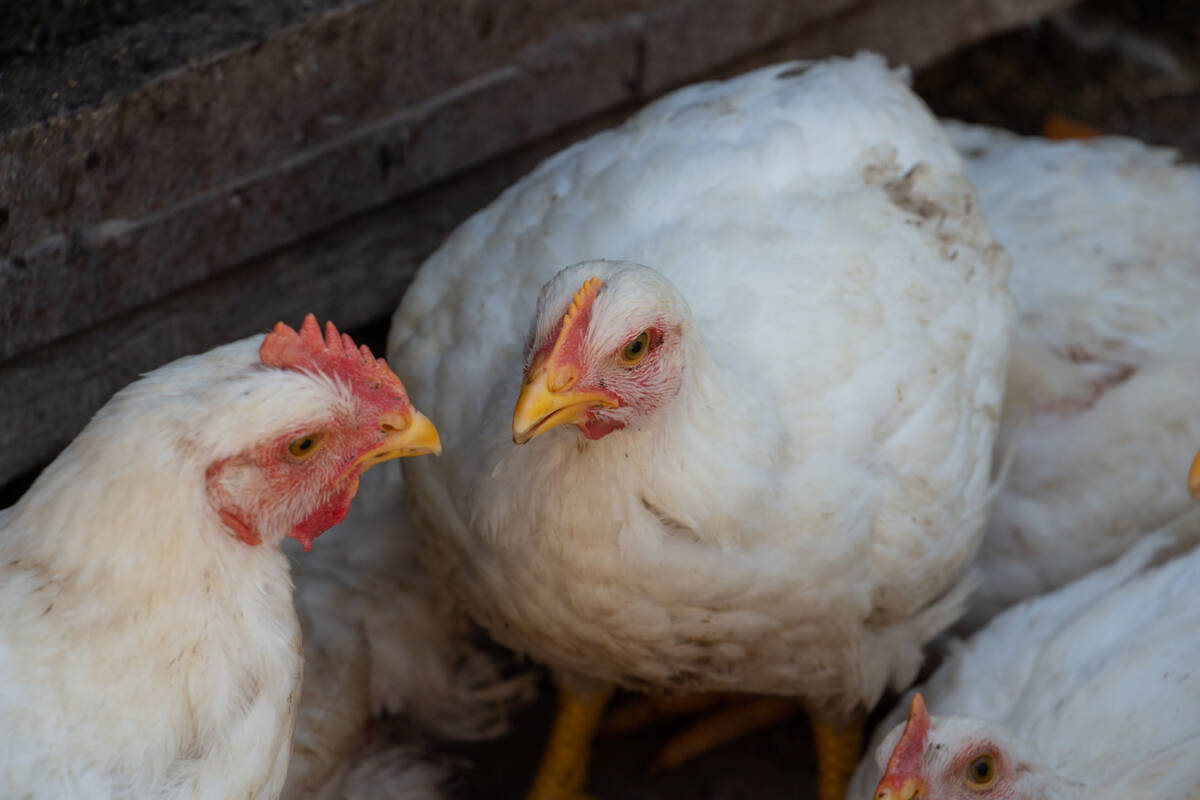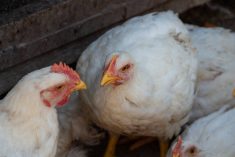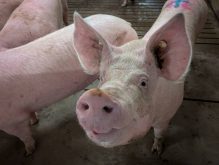Quebec’s provincial farm finance agency, La Financiere agricole du Quebec, has launched a new ag income stabilization account program in the mold of the former federal NISA plan.
The new Quebec program, dubbed Agri-Quebec, is considered a complementary offering to the province’s Farm Income Stabilization Insurance (ASRA) program and other ag risk management programming.
Approved by FADQ’s board April 22 and launched last week for the 2010 fiscal year with a budget of $70 million, Agri-Quebec is open to the province’s 20,000 farming (and aquaculture) operations except for those in the supply-managed dairy, poultry and egg sectors.
Read Also

Chicken, eggs benefit from demand for economical protein
Strong demand for protein and status as an economical alternative to beef bodes well for chicken and egg demand in 2026 according to recent analysis from Farm Credit Canada.
Where it’s similar in structure to the former federal Net Income Stabilization Account (NISA) program, an eligible farmer taking part in Agri-Quebec would make annual deposits, matched by FADQ, and could then make withdrawals according to the needs of the farm.
FADQ’s matching contributions to an Agri-Quebec account would equal three per cent of a farm’s eligible net sales up to a maximum $45,000 per year. (Fish farmers can get FADQ contributions of 3.6 per cent of eligible net sales up to $54,000 if their farming revenues come exclusively from aquaculture.)
Provincial Agriculture Minister Claude Bechard telegraphed Agri-Quebec’s launch last November in laying out the government’s five year (2010-14) plan for ag risk management programming.
FADQ president Jacques Brind’Amour said in last week’s release that Agri-Quebec is considered a complementary tool that allows producers to more easily face the challenges of ag risk management.
Self-directed risk management programs for Quebec farmers have also been touted as a way to reduce pressure on ASRA, one of FADQ’s key support programs for farmers outside the supply-managed sectors.
ASRA, which is meant to provide Quebec farmers with a guaranteed minimum income when ag commodity prices drop below benchmarks for cost of production, is funded 2:1 by FADQ and producer premiums respectively, and has recently come under fire for spiralling deficits.
But FADQ’s more recent moves to contain ASRA’s costs have drawn sustained protest from Quebec’s general farm organization, l’Union des producteurs agricoles (UPA).
FADQ last month announced plans to retool ASRA by capping and, where necessary, prorating the total payout to producers in a given year. It also plans to calculate payouts based on models using what are considered to be the most efficient 75 per cent of farms in the province.














